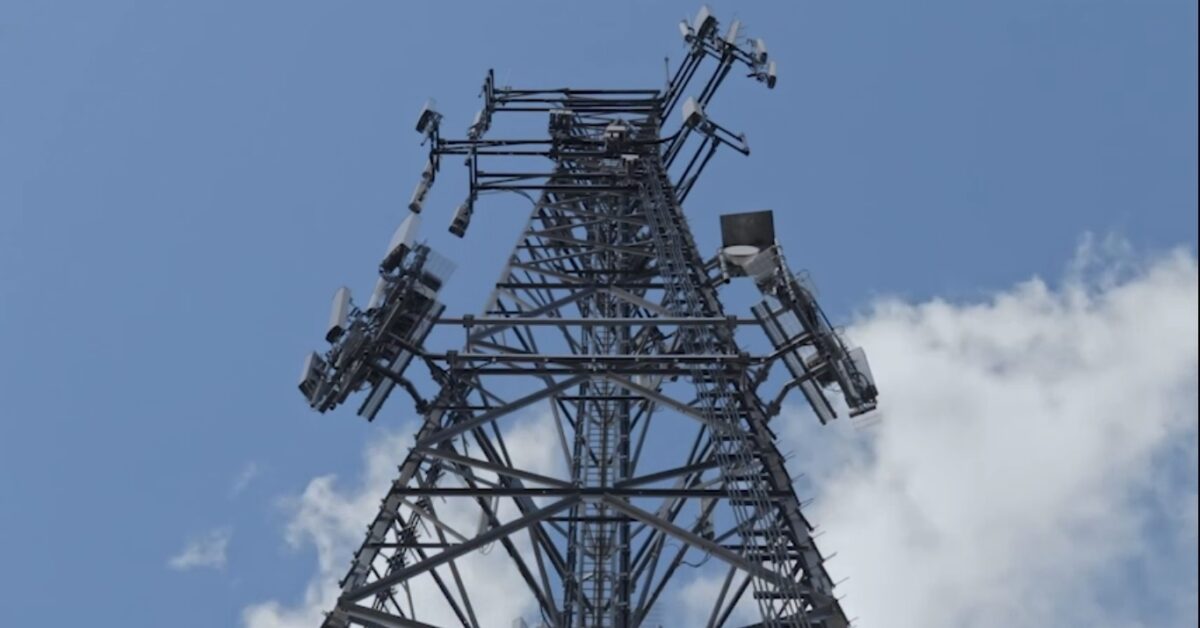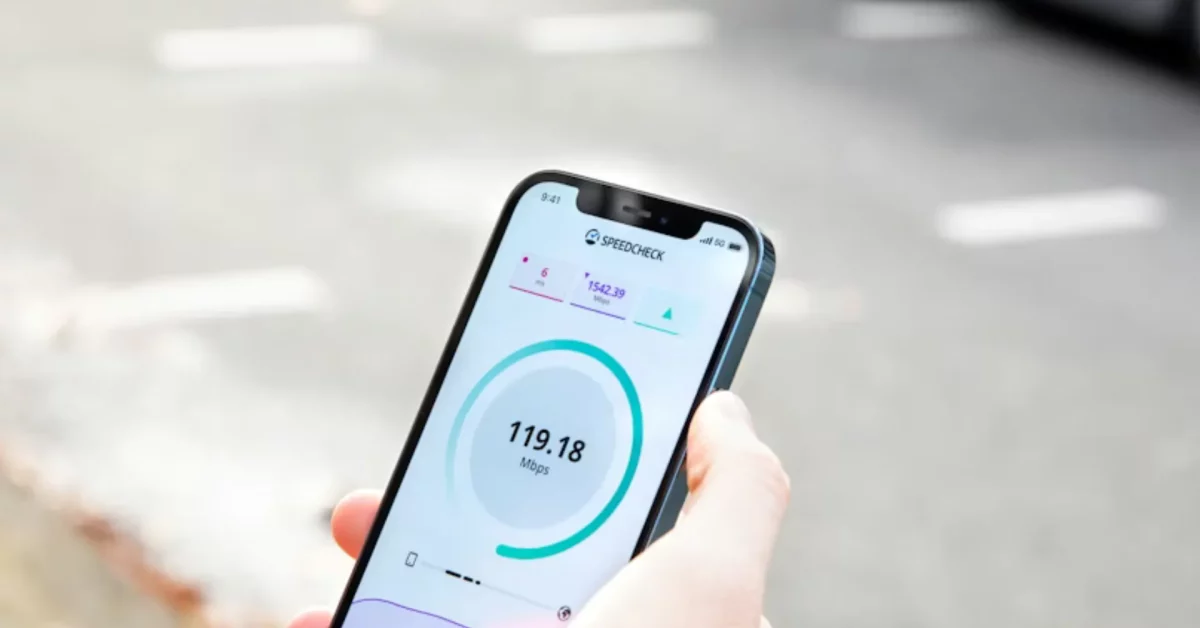
PTA Issues Mobile Device Manufacturing Authorizations to 19 Companies
May 27, 2021
High Taxes & Duties for TELCOS obstructing progress on Digital Pakistan
June 8, 2021Case for a Digital Pakistan – Adequate Spectrum
The availability of adequate spectrum is a key factor in driving cellular growth, unfortunately, it has historically been neglected in Pakistan.
As of now, only one-third of the spectrum available to Pakistan is being deployed, making the local mobile telecom industry one of the most spectrum deprived in the world.
For operators, less spectrum means greater (and avoidable) investment in putting more towers and capacity into their network and for customers, it means reduced network coverage and poorer quality. Spectrum is of no value if it is sitting unallocated with the government unless the mobile industry is allowed to utilize the spectrum at a reasonable price and then build infrastructure and technology to deploy it. Restricting spectrum increases the cost for the industry, which impacts future investment as well as end-user prices.
The spectrum assigned to operators in Pakistan is significantly less, delay in spectrum awards and relatively unattractive base prices which limit the investors’ appetite. Hence, it is impacting the delivery of mobile broadband. On Speed Test Global Index, Pakistan is ranked on the 111th position out of 140 countries in mobile internet speed. This is also a reflection of the relatively weak existing Quality of Service standards which stipulates only 2mbps for 4G.
Hopefully, in the upcoming spectrum auction, the government might consider a broader policy agenda aimed at expanding universal broadband access rather than the revenue maximization approach that it has historically taken. There’s also a reason for optimism as Pakistan’s first Spectrum Strategy has been released by the Ministry of IT & Telecom and diverse bands of frequency spectrum can now be expected to be available on a regular basis for the use of the cellular mobile industry.






